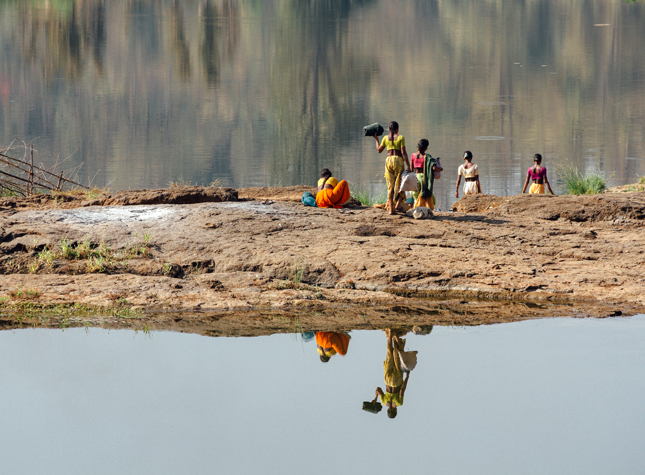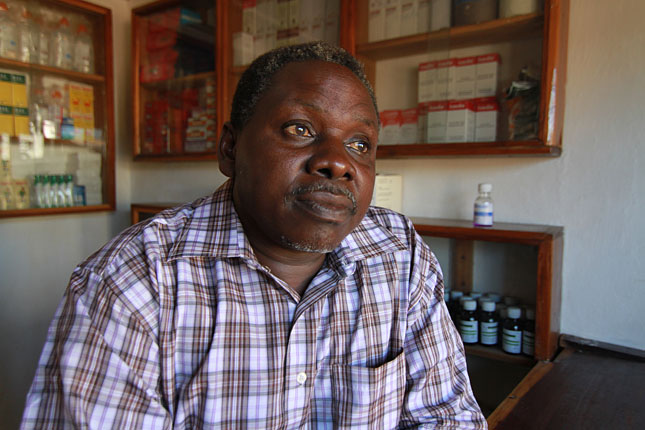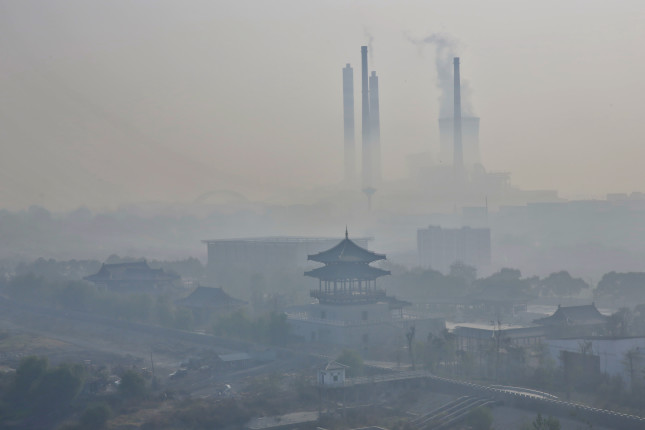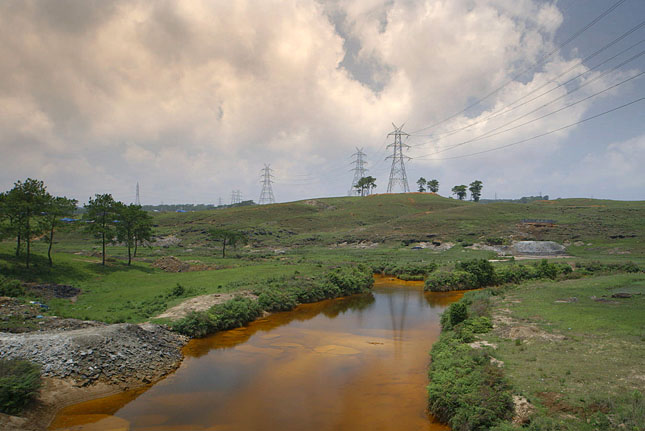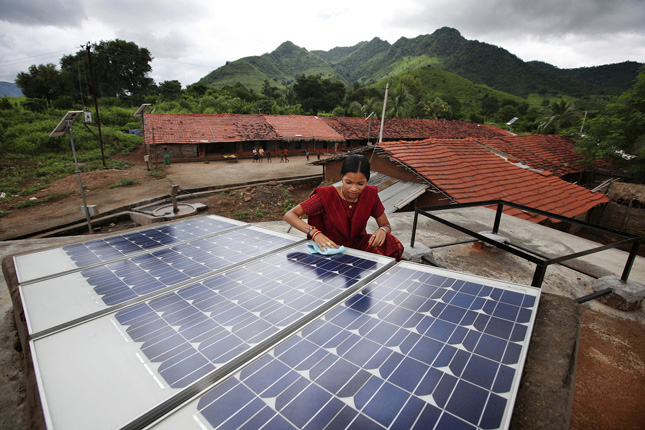-
India’s Thirst for Palm Oil, New South-South Trade Patterns Cast Doubt on Sustainability Initiatives
›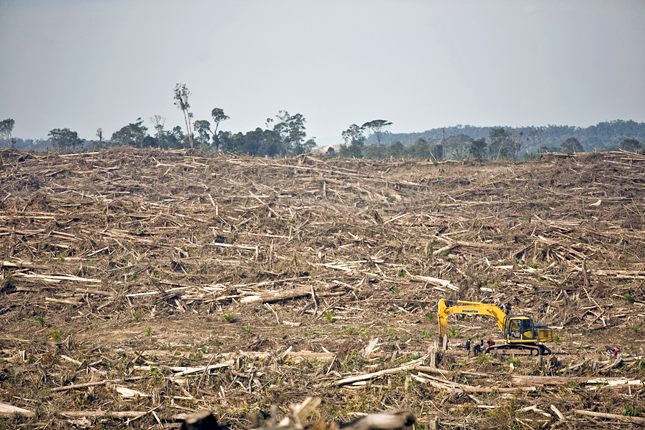
Patterns of trade and consumption in the global food system are shifting. In the past, most trade in agricultural commodities occurred between developed and developing countries. But, in recent years, the volume of South-to-South trade has increased significantly. Today, some of the most problematic crops in terms of their effect on the environment, such as soy and palm oil, are predominantly traded amongst developing and fast-rising countries.
-
After Paris, What’s the Status of “Environmental Refugees?”
›
One of the hidden costs of climate change is the displacement of millions of people in some of the poorest regions of the globe. The existing international refugee regime is ill-suited to cope with those seeking refuge from environmental disasters. Countries must get serious about developing coordinated plans to address the issue, lest they be caught by surprise when another humanitarian crisis hits.
-
Modi’s Grand Plan to Divert Himalayan Rivers Faces Obstacles
›
One of Prime Minister Narendra Modi’s first priorities after winning an overwhelming victory last year on a platform of development and growth is to fast-track a decades-old plan to link India’s rivers.
-
The Long Tail of Paris and What to Watch for Next
›December 4, 2015 // By Schuyler Null
The most important and anticipated climate change conference in years is finally underway. In some ways, as Bill McKibben and Andrew Revkin have pointed out, its success is relatively assured thanks to the number of major commitments countries have already made. But that doesn’t mean there’s nothing to see here. “The conference isn’t the game – it’s the scoreboard,” writes McKibben. To extend the metaphor even more, you might call it the league scoreboard, giving us a glimpse of many different storylines playing out.
-
Rethinking Business As Usual: Leveraging the Private Sector to Strengthen Maternal Health
›In 2013, nearly 300,000 women died during pregnancy and childbirth. The majority of those deaths were in developing countries and entirely preventable. 500 dollar loan. Much of the effort towards reducing this number has been focused on what governments should do differently, but the private sector plays just as important a role as the public sector, said a panel of experts at the Wilson Center on September 17. [Video Below]
-
Ruth Greenspan Bell and Barry M. Blechman, Foreign Affairs
Turning Down the Heat: Progress in the Fight Against Climate Change
›November 24, 2015 // By Wilson Center Staff
Last week, at a meeting of the Organization for Economic Cooperation and Development in Paris, the United States, Japan, and several other nations reached an agreement that will restrict financing for overseas coal projects. The deal will limit investment in the dirtiest, coal-fired power plants but will allow some continued investment in more efficient coal technology. Japan is one of the major sources of finance for the coal industry, so the agreement is an important moment in the effort to reduce global emissions.
-
A River Runs Again: Reporting on India’s Natural Crisis
›
The world’s second most populous country – projected to be first by 2022 – is developing faster than ever before, roiling the social, political, and environmental landscape. [Video Below]
-
Falling Costs, Rising Opportunities: Scaling Up Renewable Energy in the Developing World [Part Two]
›
“Clean energy has gone from being the ‘right thing to do’ in combating climate change, to being the most cost-effective option for many energy-insecure countries,” said Carrie Thompson, deputy director of the U.S. Agency for International Development’s Regional Development Mission for Asia, during a day-long conference on renewable energy at the Wilson Center on October 27 (read part one of our coverage here).
Showing posts from category India.



